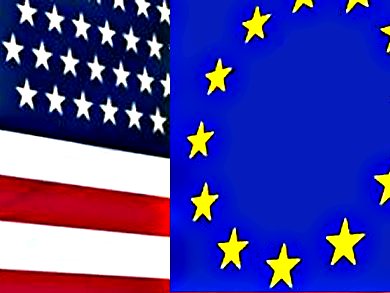The Transatlantic Trade and Investment Partnership (TTIP), a trade agreement presently being negotiated between the European Union and the United States, aims to remove the trade barriers in a wide range of economic sectors to make trans-Atlantic trade easier. The US government and the chemical industry have claimed for years, that EU chemicals legislation is a major barrier to trade.
According to the Center for International Environmental Law (CIEL) and ClientEarth, a leaked document from TTIP negotiations in December 2013 brings to light the extent of the influence of the chemical industry. They say that the American Chemistry Council (ACC) and the European Chemical Industry Council (CEFIC) secretly proposed a draft text on regulatory co-operation for negotiators to consider including in TTIP. This leaked proposal is said to use regulatory differences between the EU and the US to slow regulatory developments at all levels, prevent the regulation of endocrine disrupting chemicals (EDCs), and block efforts to promote substitution of all harmful substances with safer alternatives.
“This proposal illustrates two huge and interrelated problems with TTIP,” says Baskut Tuncak, Staff Attorney for CIEL, “the privileged position of industry to craft language in the trade agreement without public input, and the unlimited potential of TTIP to affect the ability of countries to regulate on toxic chemicals, energy and climate change, food and agriculture, and other critical issues.”
- Center for International Environmental Law (CIEL), Washington, D.C., USA
- ClientEarth, London, UK
- Toxic Partnership,
ClientEarth’s and CIEL’s joint report, March 2014.




